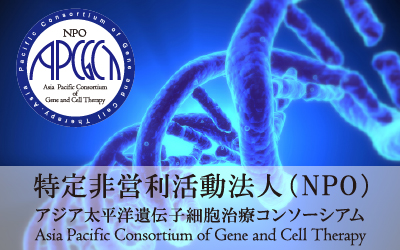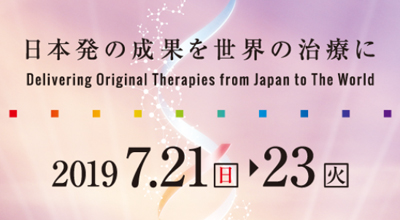2004年6月24日~27日にシンガポールで開催された第3回アジア太平洋アンチエイジグ会議で、サメ抽出脂質の血管新生抑制に関する報告がありました。
サメ抽出脂質の血管新生抑制に関する報告
A novel, potent, orally-active natural anti-angiogenic preparation
In healthy, mature older adults, angiogenesis (growth of new blood vessels) is virtually non-existent. When it occurs in such individuals, it is frequently associated with a pathological condition. Among these are tumour growth and metastasis, age-related macula degeneration, retinopathy and rheumatoid arthritis. Antagonists are beneficial for treating these chronic conditions
We have previously shown that shark cartilage is anti-angiogenic when administered orally. Subsequent research has demonstrated that this activity could be ascribed to a lipoid fraction. Lipid-rich extracts were isolated from a number of fish species and shark organs and assayed. The ethanolic extract from shark muscle was particularly potent. This preparation, macolipin, which is especially rich in polyunsaturated fatty acids (notably docosahexaenoic acid), produced a 50% inhibition at 5μg/ml. When administered orally macolipin elicited a 50% reduction in angiogenesis at 17mg/kg body weight.
Several plant or vegetable oils including olive oil were shown to have no inhibitory effect in the aortic ring or the in vivo models. However, macolipin, when combined with olive oil (1:9) is twice as potent in the in vitro system. This combination is 6 to 7 times more active when administered orally to rats.
Preliminary experiments suggest that this combination can negate the stimulatory effects of factors such as VEGF, FGF-2 and TGF-β. This suggests that Macolipin/Olive oil (1:9) mixture is a potent orally-active natural product that has significant anti-angiogenic effects.
-
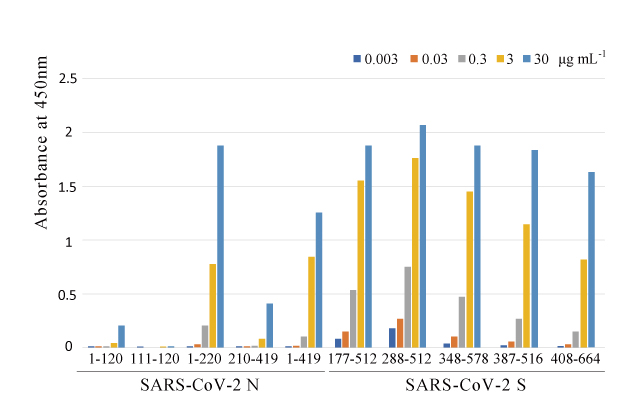 ニュージーランド産IgG含有ウシ生乳由来乳清タンパクに存在する新型コロナウイルスSARS-CoV-2スパイクタンパク抗体
ニュージーランド産IgG含有ウシ生乳由来乳清タンパクに存在する新型コロナウイルスSARS-CoV-2スパイクタンパク抗体
-
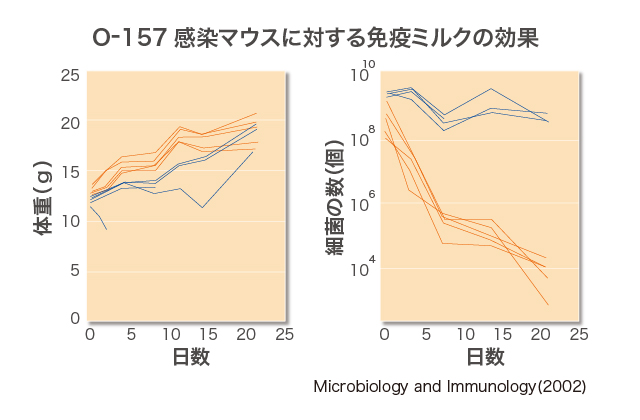 100%生乳由来濃縮乳清たんぱくの感染症予防に対する効果
100%生乳由来濃縮乳清たんぱくの感染症予防に対する効果
-
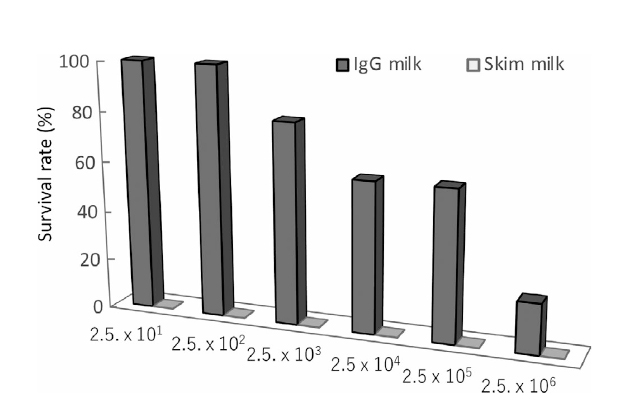 Enriched bovine IgG fraction prevents infections with Enterohaemorrhagic Escherichia coli O157:H7, Salmonella enterica serovar Enteritidis, and Mycobacterium avium
Enriched bovine IgG fraction prevents infections with Enterohaemorrhagic Escherichia coli O157:H7, Salmonella enterica serovar Enteritidis, and Mycobacterium avium
-
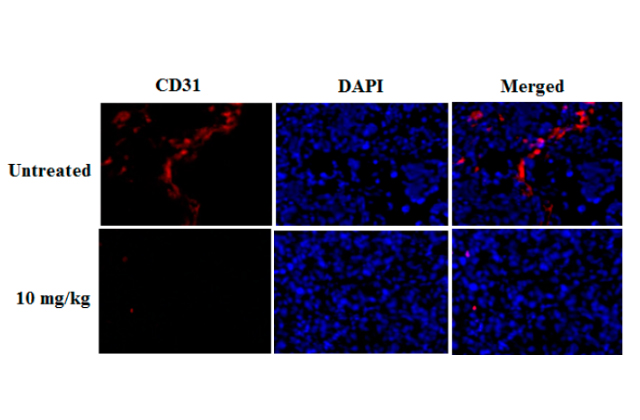 ノコギリヤシ色素の肝細胞がんへの補助療法の可能性
ノコギリヤシ色素の肝細胞がんへの補助療法の可能性
-
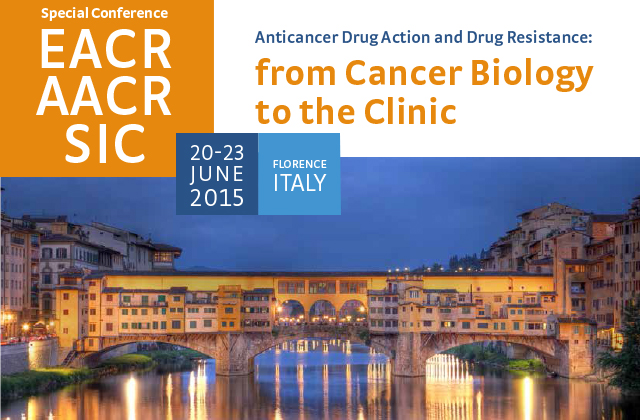 ノコギリヤシ色素の血管新生抑制効果
ノコギリヤシ色素の血管新生抑制効果
-
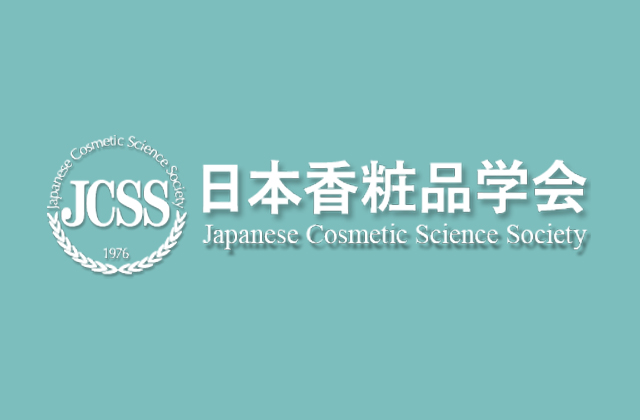 マイタケ抽出脂質「グリピン」のヒアルロン酸産生促進効果
マイタケ抽出脂質「グリピン」のヒアルロン酸産生促進効果
-
 第22回インターフェックスジャパン
第22回インターフェックスジャパン
-
 マイタケ抽出脂質「グリピン」による乾燥肌の改善効果
マイタケ抽出脂質「グリピン」による乾燥肌の改善効果
-
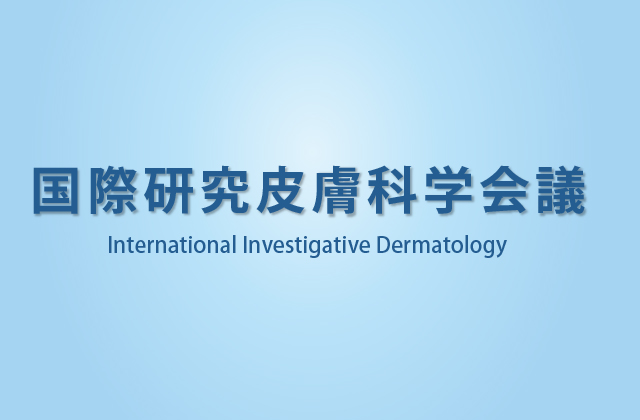 第5回 国際研究皮膚科学学会
第5回 国際研究皮膚科学学会
-
 コスモプロフ アジア2007
コスモプロフ アジア2007
-
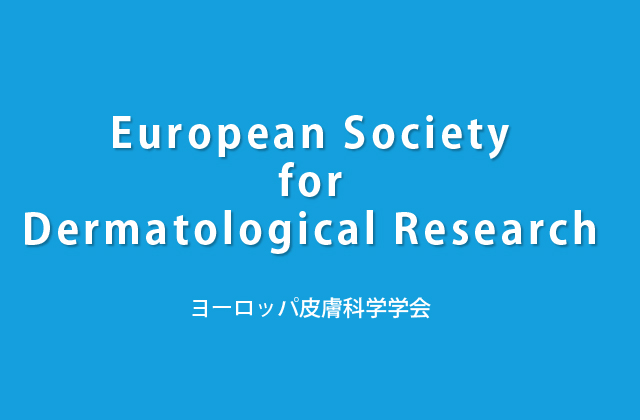 マイタケ抽出物の皮脂産生促進作用および乾皮症に対する臨床効果
マイタケ抽出物の皮脂産生促進作用および乾皮症に対する臨床効果
-
 マイタケエタノール抽出エキスによる皮脂産生促進作用
マイタケエタノール抽出エキスによる皮脂産生促進作用
-
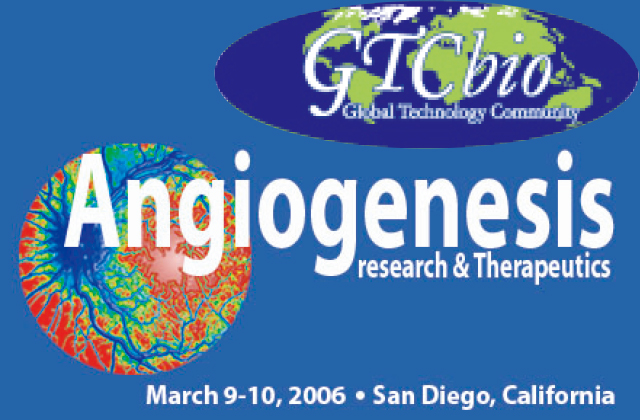 血管新生阻害活性を有するサメ抽出脂質のメカニズムと臨床への応用
血管新生阻害活性を有するサメ抽出脂質のメカニズムと臨床への応用
-
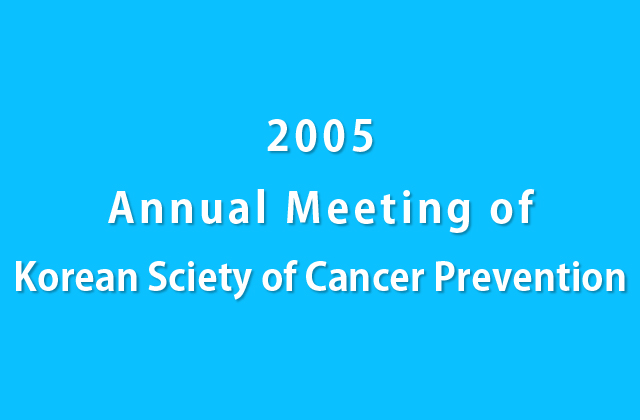 サメ抽出脂質による悪性疾患治療およびがん増殖や転移の抑制報告
サメ抽出脂質による悪性疾患治療およびがん増殖や転移の抑制報告
-
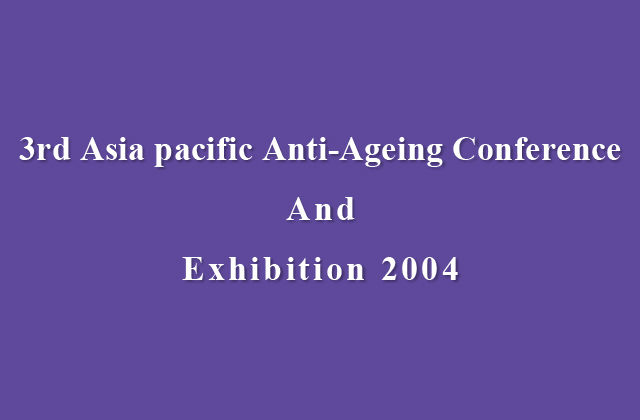 サメ抽出脂質の血管新生抑制に関する報告
サメ抽出脂質の血管新生抑制に関する報告
-
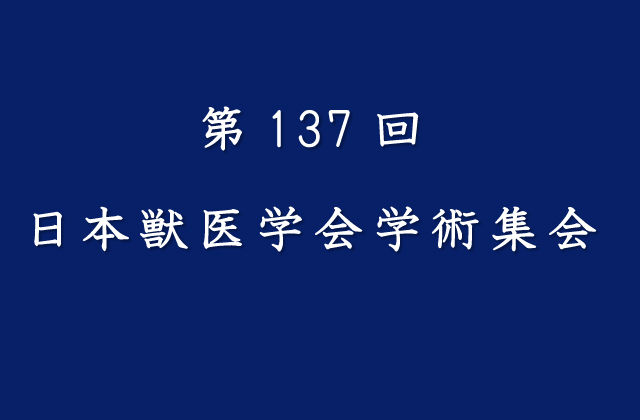 サメ抽出脂質の抗腫瘍効果
サメ抽出脂質の抗腫瘍効果
-
2021年5月25日ニュージーランド産IgG含有ウシ生乳由来乳清タンパクに存在する新型コロナウイルスSARS-CoV-2スパイクタンパク抗体
-
2019年6月1日初乳と同等の効果を持つ生乳由来IgG含有濃縮乳清タンパク「IgG25+免疫ミルク」は、本邦初の原料として高い評価を得ています。
-
2019年5月10日Enriched bovine IgG fraction prevents infections with Enterohaemorrhagic Escherichia coli O157:H7, Salmonella enterica serovar Enteritidis, and Mycobacterium avium
-
2016年8月5日中山大学、弊社ハイマート、香港大学の共同研究により、ノコギリヤシ色素の肝細胞がんへの補助療法の可能性が発表されました。
-
2015年7月3日弊社ハイマートと香港大学が、EACR 2015にてノコギリヤシ色素由来成分の血管新生抑制効果を発表しました。
-
2009年9月6日ハイマートは、第34回日本香粧品学会で東京薬科大学とマイタケ抽出脂質「グリピン」のヒアルロン酸産生促進効果について研究データを報告しました。
-
2009年7月1日グリピンの皮膚における皮脂およびヒアルロン酸産生促進作用ついて報告がありました。
-
2008年6月5日ハイマートは、第33回日本香粧品学会で東京薬科大学とグリピンによる乾燥肌の改善効果について研究データを報告しました。
-
2008年5月14日第5回 国際研究皮膚科学学会(International Investigative Dermatology 2008)にて保湿成分「グリピン」の研究報告が行われました。
-
2007年11月14日ハイマートはコスモプロフ アジア2007に出展致しました。
-
2007年9月5日第37回ヨーロッパ皮膚科学学会(37th European Society for Dermatological Research (ESDR) Meeting)にて保湿成分「グリピン」の研究報告が行われました。
-
2007年6月7日第32回日本香粧品学会では、東京薬科大学伊東教授の研究グループと株式会社ハイマートによって、マイタケエタノール抽出エキスによる皮脂産生促進作用が報告されました。
-
2006年3月9日強い血管新生阻害活性を有するサメ抽出脂質のメカニズムと臨床への応用についての発表がありました。
-
2005年12月2日2005年度韓国がん予防学会年次総会にてサメ抽出脂質による悪性疾患治療およびがん増殖や転移の抑制について報告がありました。
-
2004年6月24日シンガポールで開催された第3回アジア太平洋アンチエイジング会議(3rd Asia pacific Anti-Ageing Conference)にて、サメ抽出脂質の血管新生抑制力が報告されました。

 全文ダウンロードはこちらから
全文ダウンロードはこちらから